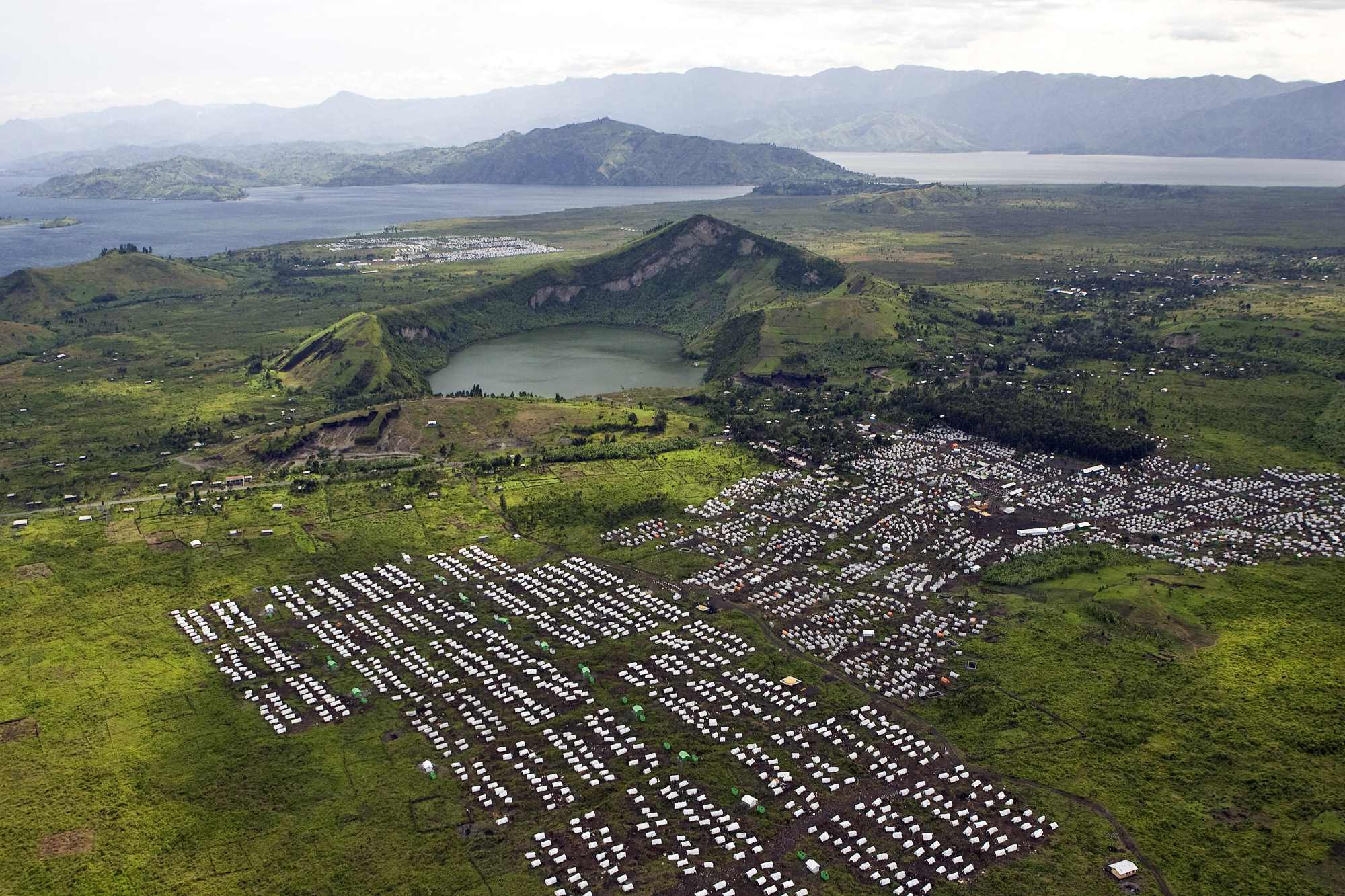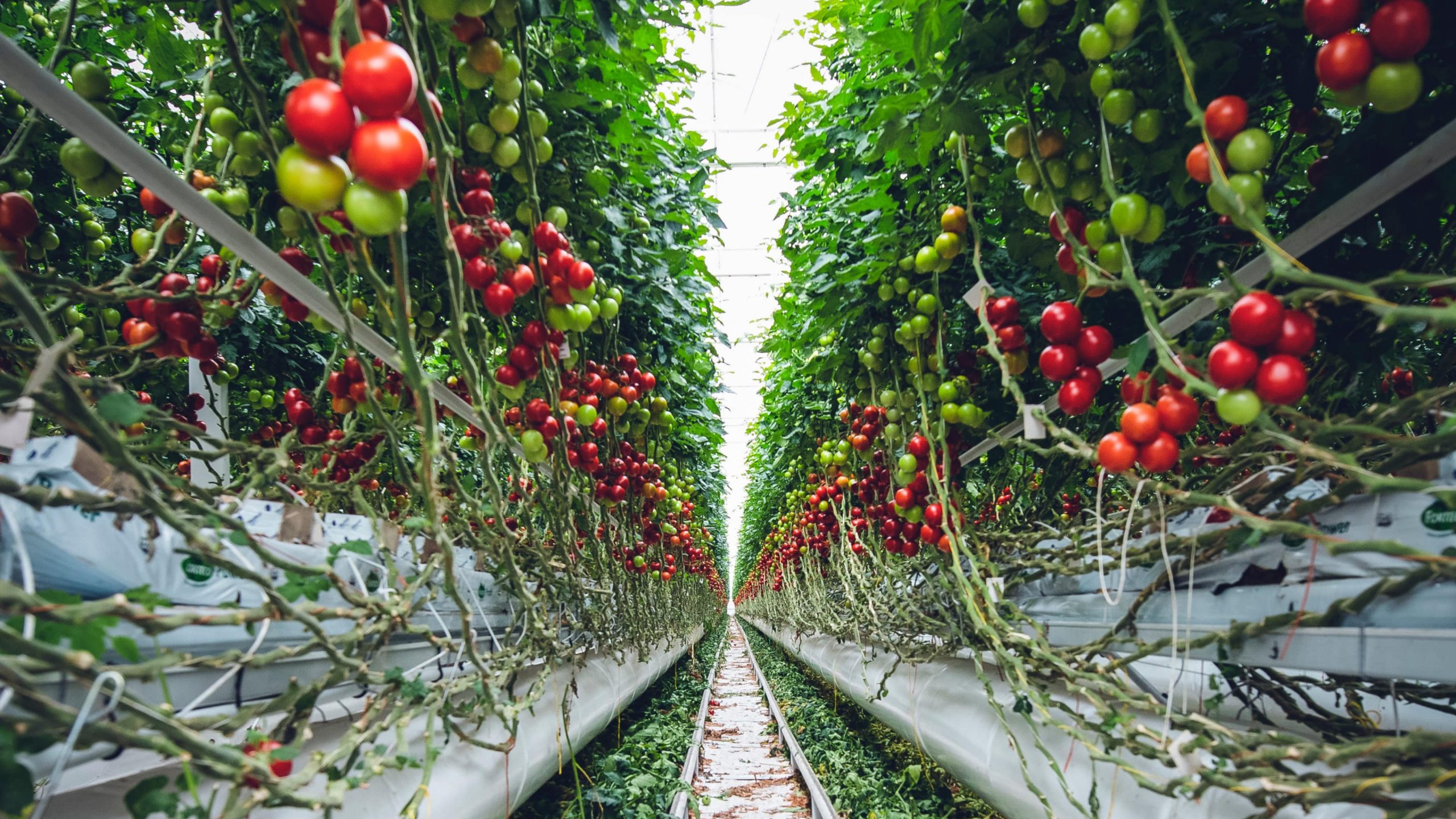A theme for each day throughout COP27 in Egypt. A series of CMCC resources based on climate science. Stay up to date and be a part of the change!
COP27 takes place from 6 to 18 November in Sharm el Sheikh, Egypt. Throughout the two weeks of the conference, the COP27 presidency will organize dialogues and events across a series of thematic days, which kick off on November 9 with a focus on climate finance, followed by days dedicated to the role of youth, future generations and civil society to address the climate crisis, decarbonization, adaptation, agriculture, water, energy, biodiversity, and possible solutions to the climate challenge.
Here we provide a map to navigate and understand these topics with experts, interviews, podcasts and articles. A full section of Foresight magazine is dedicated to the COP27’s thematic days, one for each relevant theme. Plenty of resources to gain further insight into the topics that most interest you. Everything is based on climate science. Enjoy your exploration!
As countries gradually improve their financial commitments to meet the Paris Agreement goals in the UNFCCC context, the private sector is attracted by the countless opportunities entailed by a decarbonized world. A guide to understanding the importance of finance for the climate transition through the works and contents of the CMCC.
10 November – Youth and Future Generations Day
November 10 at the COP27 will be centred around youth and their role in addressing the climate crisis to ensure that their voices are not left unheard. This stand-alone day will shine a light on their potential and the climate change impacts that will largely affect them. Young people are key multipliers of climate information and action and, hence, a precious stakeholder at the negotiating table.
11 November – Decarbonization Day
A crucial part of the Paris Agreement is decarbonization. This involves cutting CO2 emissions as much as possible, including in hard-to-abate sectors. Through policy, technology and nature-based solutions, decarbonization has been shown to be possible but will require immediate and radical action.
12 November – Adaptation & Agriculture Day
Climate change impacts are already affecting our existence and that of the natural resources which allow us to live on this planet. In this context, adaptation and resilience are crucial for all countries and regions worldwide, especially those more vulnerable to such impacts. A short summary of CMCC’s latest scientific results on adaptation planning, agriculture and food security.
Water is essential to life on this planet. However, climate change is threatening its availability and making it increasingly difficult to access and manage this precious resource, with cascading impacts on livelihoods and societies. A brief overview of CMCC’s scientific work on water management and planning, along with educational and awareness-raising activities. Dive in!
15 November – Ace and Civil Society Day
Effective climate action requires all stakeholders to participate. Whether this be youth, NGOs or shareholders of large financial institutions, it is important that all stakeholders find space at the negotiating table. Discover the meaning and scope of COP27’s Action for Climate Empowerment and Civil Society Day through the lens of CMCC activities and contributions to the topic.
Renewables, technological development, digitalization. Climate change mitigation cannot do without profound changes to how energy is produced and used, but this revolution should not “leave anyone behind”. Ensuring a just transition in the energy sector is a core topic at COP27, which will be addressed during the Energy Day on 15 November.
16 November – Biodiversity Day
Discussions about climate must go hand in hand with the environment and hence biodiversity. This not only means looking at how to ensure biodiversity is maintained and promoted but also how nature itself can be a vital instrument in climate-proofing the planet.
Solutions will be the daily theme on 17 November at COP27. From holistic to sectorial, solutions to face the climate crisis range from global to local and differ in scale. This day will foster and facilitate the ongoing exchange between policymakers, businesses and innovators. Experiences, awareness and viability will be at the centre of the dialogue to imagine a more sustainable future.
Cover picture: Wikimedia commons






